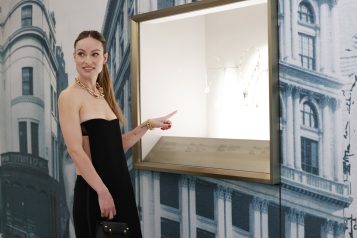Robert Zarco is sitting in his office of the 27th floor of The Miami Tower. A client’s friend has just given him a beautiful paper maché lion as a thank you for a win so big it was not only life-changing for his client, but his friends as well. “They’re calling me the lion,” says Zarco with a smile in his sculpture-filled office.
It’s not very often lawyers amass fortunes defending the underdogs, the Davids against the Goliaths. But franchise attorney Robert Zarco has done exactly that. The son of Cuban immigrants who arrived in 1961, Zarco’s family had very little when they got to the US. He witnessed his father working 16- hour days without making much money. “I was born with a desire to have nice things, but I didn’t want to ask my parents for them,” says Zarco. So, he started a landscape business at the age of seven. This wasn’t a regular lawn-boy with a few houses to mow; he turned it into an actual business with his brothers and other students working for him. He had customers with large properties that paid him big bucks. He kept it going until he graduated high school by which time he had saved enough money to buy a two-bedroom, waterfront condominium.
He was student body president and graduated at the top of his class, which got him into Harvard on a partial scholarship where he worked hard “scrubbing toilets” to pay for his student loans. Zarco is someone who always has a plan and his plan was to get a degree in Economics so he could be chairman of a major company. So when he finished, he took a lucrative job at General Motors in New York. While on the job, Zarco earned his M.B.A. taking night and weekend classes at Pace University. He was a few credits shy when he was offered a promotion that required a move to Detroit.
But the future litigator had already decided on another course: law school. “Working for GM taught me a lot of positive things and helped me gain a perspective about how companies operate and why they make certain decisions. It also taught me what I didn’t want in life. I knew if I took the job and the big paycheck I would have gotten sucked into that lifestyle.” So, Zarco took a step back in order to move forward.
The budding attorney took the franchise ball and ran with it, earning himself the moniker “Franchise King” after opening up his own firm and focusing on that area of law.
Zarco moved back to Miami, in with his parents, and went to law school at the University of Miami with the help of more student loans. After graduation he had jobs at two respected firms before deciding to open his own. “They were big, corporate firms, and I had just left that environment. All those executive meetings, and firm meeting after meeting was a waste of productive time. Just do it, like Nike.” But Zarco did have a pivotal, life-changing experience while at that firm after being referred a franchise case for which he represented an owner of a Burger King. The owner had lost 20-30 percent of his sales because another one had opened in close proximity. It was an eye-opener for the young lawyer, who had grown up thinking from a young age that it would be “neat” to own a McDonalds or Burger King. “I remember telling my parents, ‘Wow when I get older one day I would love to own one of these [restaurants] because I’m sure I could be very, very successful,’” he says. Zarco was shocked to find that many franchise owners were not. “I learned that this person was not making boatloads of money and being successful by any definition of any kind, and that there were many other similar situated franchisees in that particular franchise system and many others, having the same problem. The perception of franchising in America was very different than the reality.”
As Zarco started pursuing these cases further he realized that there were not many people out there working on behalf of the franchisees. “Very, very few lawyers, that were representing the franchisees,” he says. Instead most lawyers were working with the large corporations, which are predictably able to pay their legal bills.
“When you have clients that cannot pay you, it does not necessarily cause lawyers to gravitate to that area of law.” So Zarco used his business savvy and desire to do something good with his license to practice law and figured out how to “create a unique financial relationship” between himself and his franchisees. He would not get paid until they did. “I had the financial wherewithal at this point to take cases on a results-accomplished contingency fee basis.” And so Zarco set about defending the little guys and filling his coffers with fractions of settlements paid by the big ones.
The budding attorney took the franchise ball and ran with it, earning himself the moniker “Franchise King” after opening up his own firm and focusing on that area of law. Now there are 13 lawyers working at Zarco, Einhorn, Salkowski & Brito, which is a consummately professional firm, but, with warm, art-strewned offices, feels far from corporate.
The ‘Franchise King’ earned his crown “taking down” some of the serious giants of the fast food and other franchise industries. He has won serious settlements from just about everyone from McDonalds to Burger King.
“Some people say I hate franchising, but nothing could be further from the truth,” says the attorney. Instead it may be his desire to believe in the system and its ability to work on a level playing field that keeps him going. “Both the franchisee and franchisor should be expected to reap financial rewards, as well as personal success and reward from the franchise relationship. It is a great way for entrepreneurs to develop their own independent businesses using someone else’s mousetrap and in turn they participate in the growth of the brand. All this is wonderful, so long as it is a fair relationship.”
But finding a fair relationship in franchising might be getting more difficult as lawsuits occur and franchise agreements add additional language to make them increasingly restrictive. “Franchising has dramatically changed over the last 25 years,” explains Zarco, who believes that franchisees have also gotten more sophisticated as more and more ex-corporate types who have sought to open franchises.
The attorney has a long list of franchises he likes and ones he distinctly doesn’t. “I’m not naming names,” he says with a laugh. But he will help people decide if they are cut out to be franchise owners. “Typically, if you are an extremely intelligent, independent thinker who perhaps was the B-, C student in school, maybe not because you weren’t smart, but you were so smart that you simply just didn’t want to follow every one of the teachers instructions, you would perhaps not be a great franchisee. If you are the student that was the A student or the B+ student that did very well because you followed every instruction, every direction of the teacher and you colored by numbers as they requested that you have a much greater tendency of doing well.” Judging by that rule of thumb, it’s easy to see why the straight-A student Zarco would have been a very good franchisee himself – and why it bothers him to realize that, despite following all the rules, he may have had to deal with something unfair that prevented him from doing so.
“It makes me feel good to help the little guy, it is very morally and emotionally self rewarding when I can help people regain their financial stability. I have been able to bring families that were on the brink back together, been able to get kids put back in school, and normalize people’s lives that were previously in turmoil.”
Zarco’s sense of family is strong. Outside of the office, Zarco is happiest at his sprawling waterfront home in Miami Beach with Veronica, his wife of 12 years and their five children. “We’re a merged family like The Brady Bunch, my three and her two.” He credits his wife with making the blend work as well as it does by fostering a mutually loving environment. His role within the family can best be described as hard working and a very successful role model. “I think they look up to me and respect me for who I am and what I stand for. I’m very principled, extremely conservative in my ways. I don’t smoke, I don’t drink, I don’t do anything that’s illegal and I lead a very conservative life.”
Zarco’s biggest vice may be his desire for nice things and a predilection for showing them off. His home and impressive fleet of boats and cars, including a Bentley Brooklands, a Ferrari 599 GTB and 1922 Model T, were on display on TV Land’s How’d You Get So Rich? The show was hosted by Joan Rivers who opened the doors of their 16 bedroom, 18 bath mansion to reveal a home theater and Veronica’s Marcos-worthy shoe collection. He has also appeared on Lifestyles of the Rich in Franchise, a trade journal that chronicles success stories. All of which he does to let people know they can be like him and that the American Dream is alive and well.
He has been expanding his franchise law business into real estate and hospitality with great success. In 2012, Zarco was handed the Top Deal Maker Award for his staggering $116,000,000 sale of The Surf Club in Surfside. Poised to help more underdogs, and with this new real estate chapter unfolding Zarco feels even more engergised than ever. “I love my job and can’t imagine my life without it,” he says







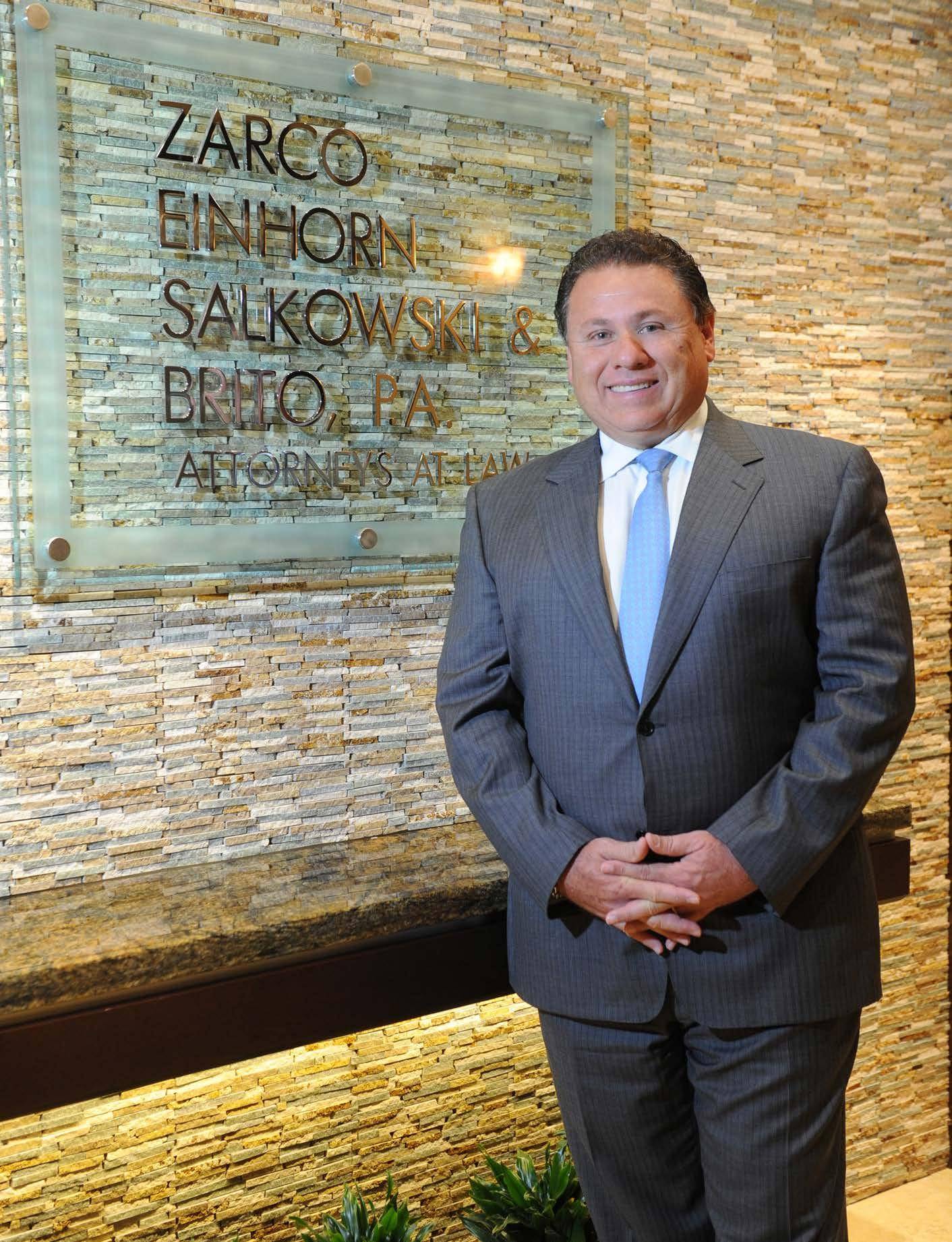
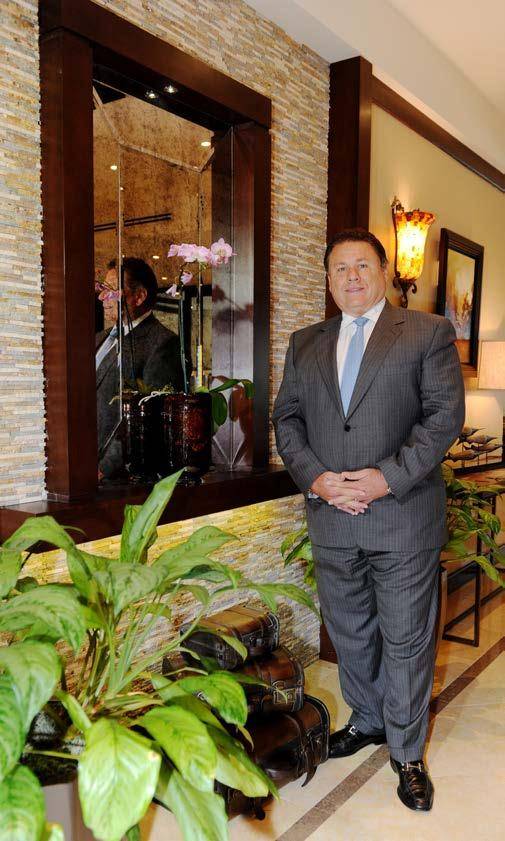
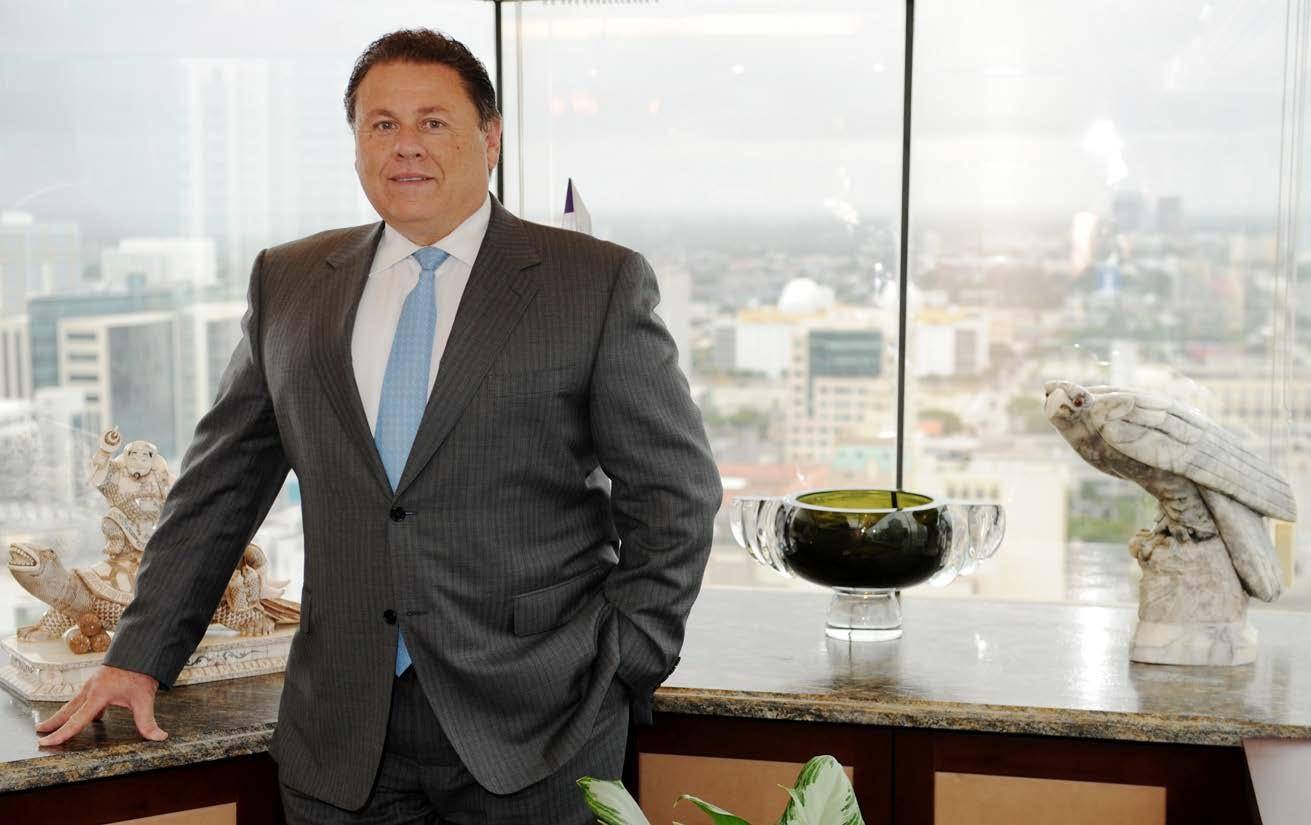
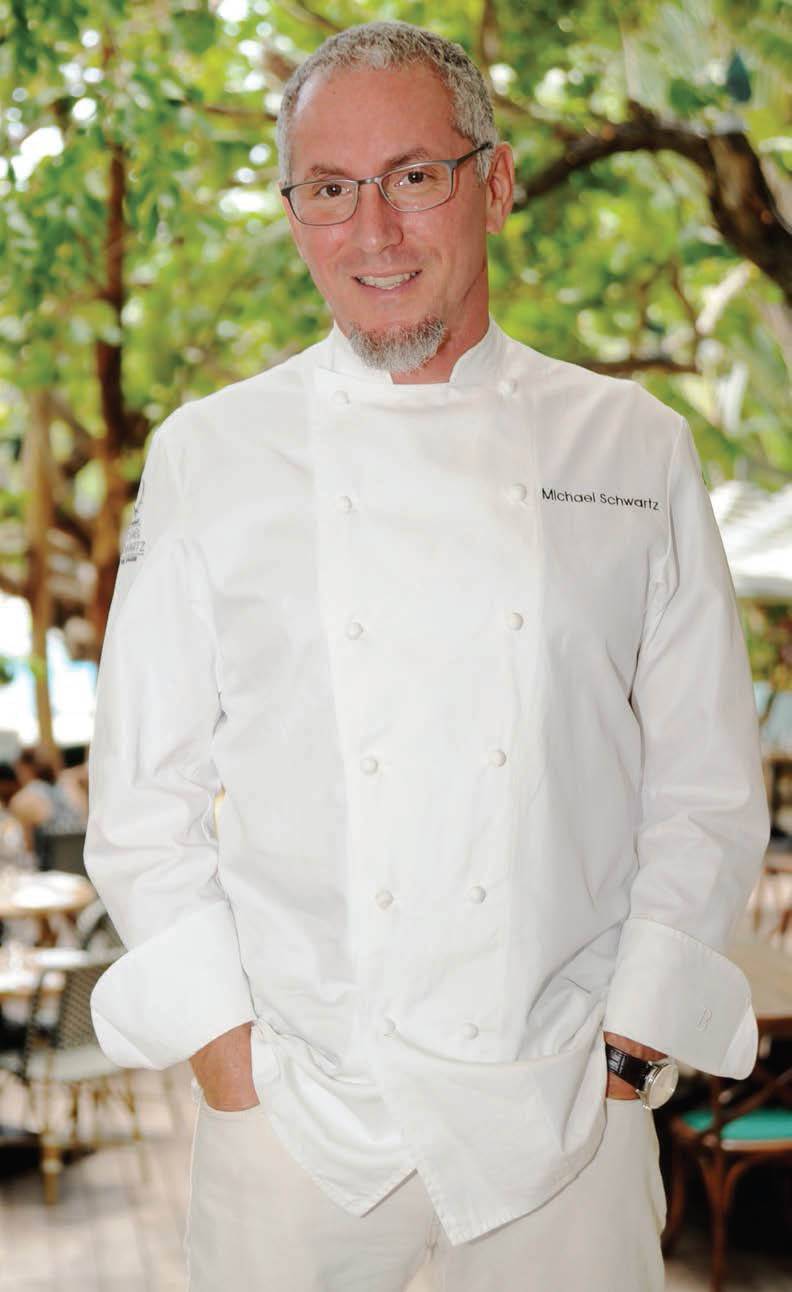
![mansion[1]](https://hauteliving.com/wp-content/uploads/2013/06/mansion1.jpg)






